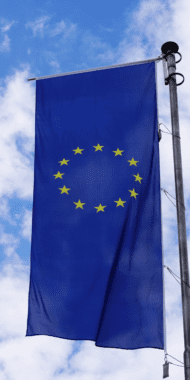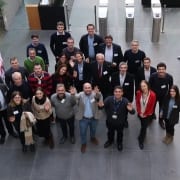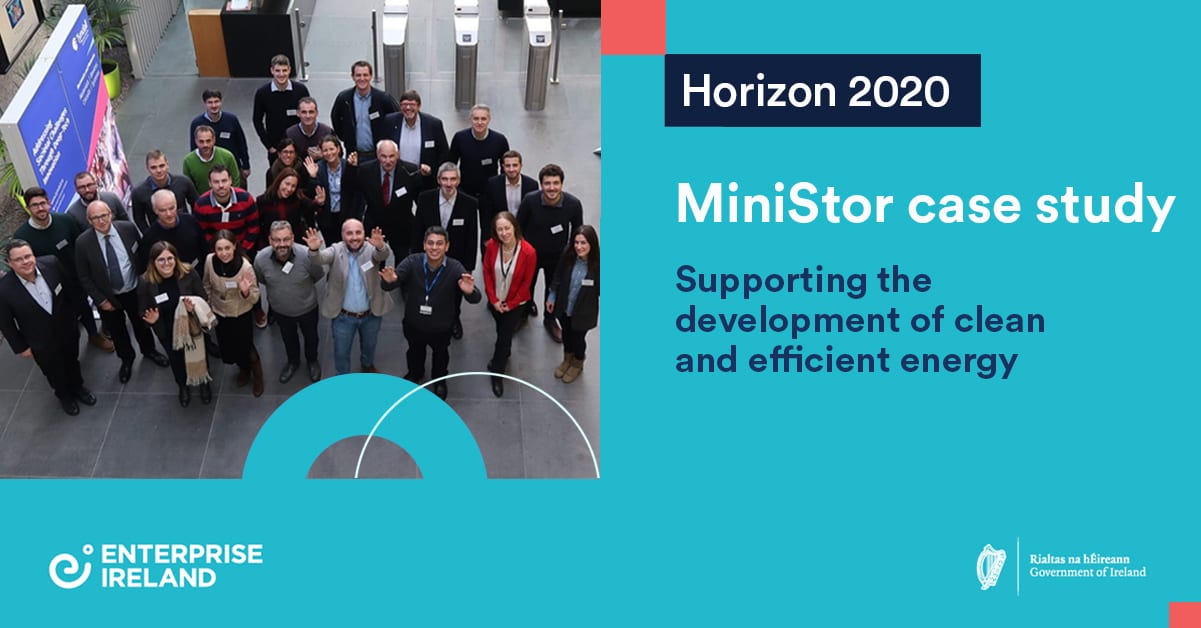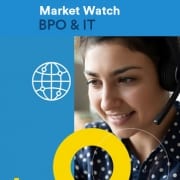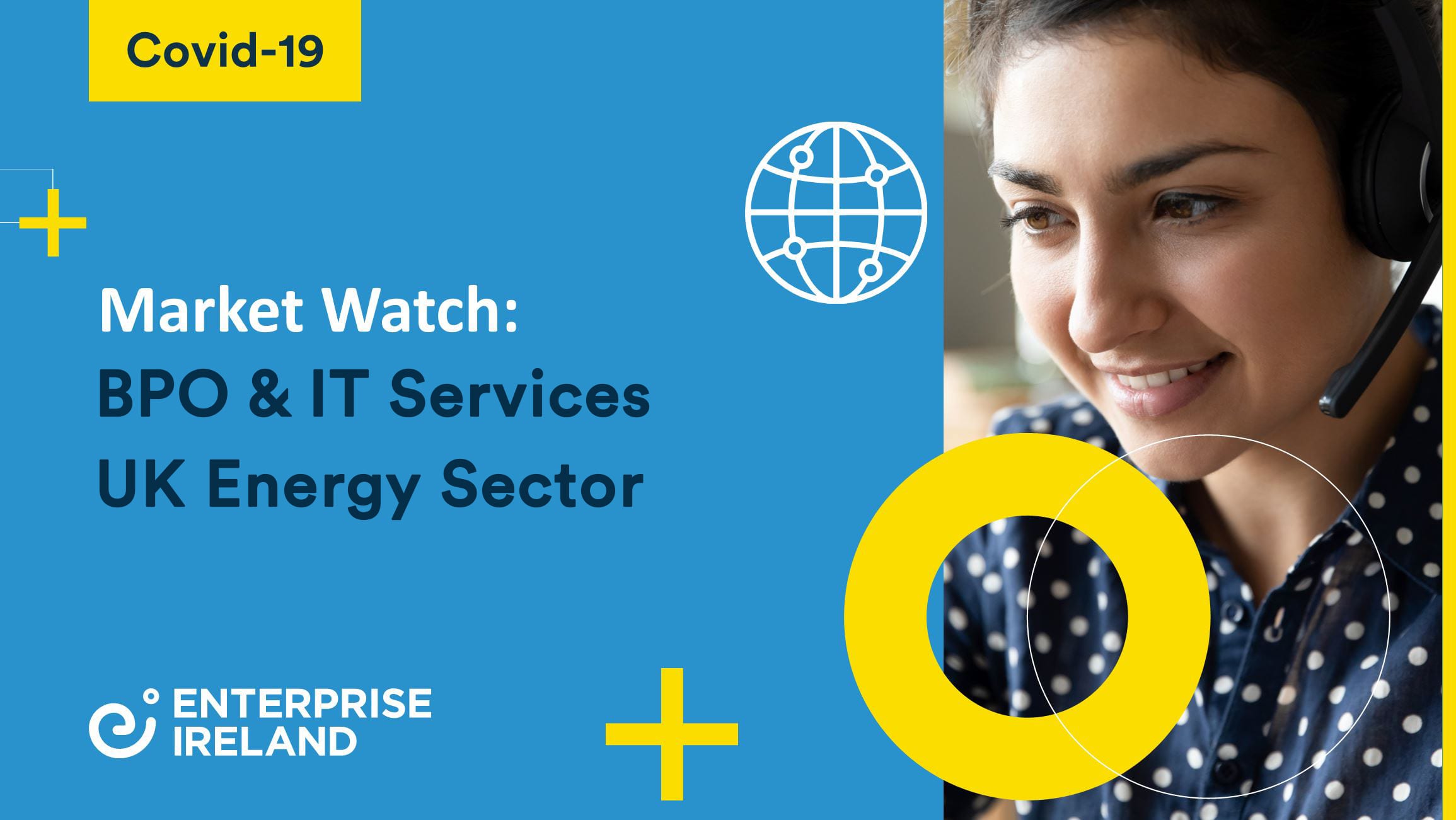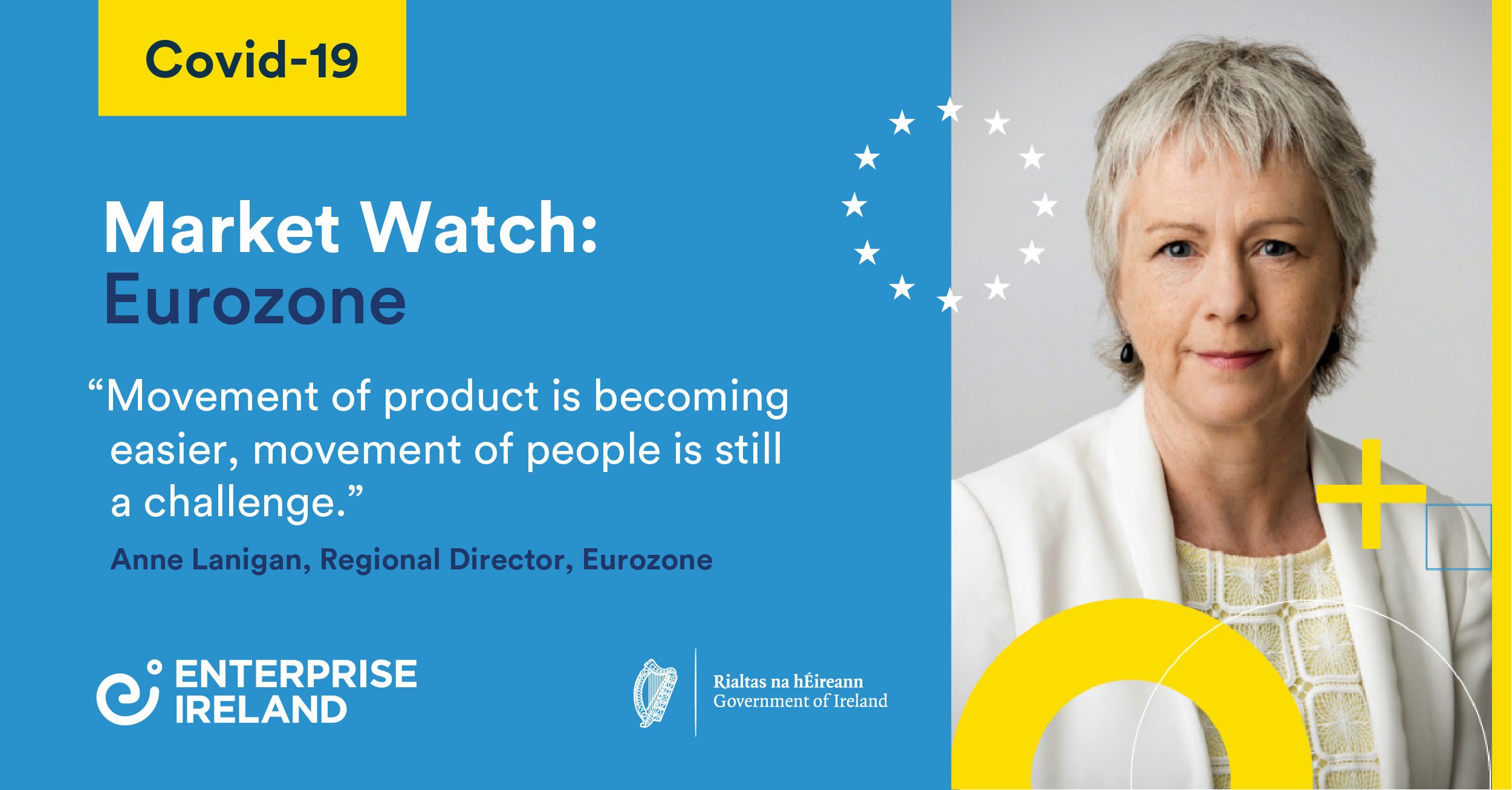Market Watch – Australia and New Zealand
Overview
• Australia and New Zealand have amongst the lowest cases of Covid-19 in the world
• There have been some second wave cases and local lockdowns
• Most businesses still working remotely where possible
• Australia is experiencing its first recession in three decades and the New Zealand economy has also been affected, but plans have been put in place to mitigate this.
• Government stimuli put into effect in March will begin to be phased out over the coming months.
• There are business opportunities for Irish companies in the MedTech and Lifesciences sectors.
Nowhere has been left unscathed by the global pandemic but Australia and New Zealand have been fortunate to have some of the lowest case numbers in the world. However, regional Enterprise Ireland manager, David Eccles, says while the two countries have managed to escape the worst of the infections, there is still a note of caution about the future.
“Australia is 75th on W.H.O data table of cases and New Zealand is 153rd, but we are not out of the woods yet with some second wave cases across both countries,” he says. “Both countries have closed their borders to all except for citizens, residents and immediate family members and 14-day quarantine measures are strictly enforced.
“Australians had been slowly emerging from Covid-19 lockdowns since May but a recent second wave has seen the State of Victoria in stage 4 restrictions while the other seven States and Territories have lighter restrictions and there are some border closures between States, with each being in a very different position.
“And in New Zealand, which was COVID free for over 100 days, a recent wave had seen Auckland go into lockdown and Level 3 restrictions, but this week they have returned to Level 2 restrictions with the rest of the country. So, most companies are continuing to work remotely and enforce social distancing where possible.”
But while the cases of Covid-19 were noticeably less in the region, Eccles says economies in both countries have been affected.
“Australia is now experiencing its first recession in nearly 30 years, thanks to the economic fallout from coronavirus, bushfires and drought,” he says. “And the New Zealand economy is poised to contract severely for the first time in over a decade this year – again due to the coronavirus.
“In addition, they both also boast large tourism, hospitality, and education industries, and these have been severely impacted by the near elimination of international travel. But in other areas, business activity remains robust with construction and financial services leading the way.”
The area manager says Australian and New Zealand Governments invested in numerous cash-stimulus measures for business since March, but these will be withdrawn across three phases from September 2020 to March 2021.
And the Australian government has increased the instant asset write off from $30k to $150k for businesses making capital expenditures and this has given a boost to some Irish companies.
However he says, while there have certainly been an array of challenges and opportunities for exporters to the region, Irish companies have shown remarkable resilience and adaptability in the face of these challenges. And the Antipodean market is no exception.
“We have found multiple opportunities for Enterprise Ireland clients, as all sectors increase their digital transformation,” said Eccles. “In fact, some clients have brought forward their entry into our markets due to demand, particularly across digital health, EduTech and FinTech. And in MedTech and Lifesciences, Irish companies have scaled rapidly to meet new demand for product and have accelerated their market entry here.
“The most impactful of the COVID factors to our clients is the border closures and the cessation of international travel. The borders to international travellers will definitely not reopen this year but exemptions are possible, while very difficult to achieve.
“Interestingly, a key challenge for our clients in the past has been making the decision about when to invest in a local presence and the time and cost involved in flying to the region for important meetings – but with everyone now meeting virtually, this removes that pressure.”
Since March when the lockdown began, 20 Enterprise Ireland clients have established a presence in Australia and New Zealand, including WayFlyer, Vizor, Swoop and MagGrow and over 50 new contracts were won by Irish enterprises across Australia and New Zealand.
“This is as clear a sign as you can hope for, to show that Australia and New Zealand are still open for business, still the gateway into the wider AsiaPac region,” says Eccles. “And Irish companies are showing the strength, determination, adaptability and resilience to win business 17,000 kilometres from home.
“We, Enterprise Ireland Australia / New Zealand, have started new ideas and initiatives to try and help clients during the current situation. We have started a mentoring programme ‘Scale Up, Down Under’ with six companies taking part in a 6-month programme to accelerate their entry into market.
We have also run a series of sector specific Advisory Panels across Sydney, Melbourne and New Zealand, giving a range of Irish companies the opportunity to present their product to sector experts and often senior Irish diaspora in the market to seek guidance and advice.
“So there is light on the horizon for both companies doing business here currently and those planning their market entry.”
Anyone interested in learning more about Irish innovation and its application in the Australian market can visit www.irishadvantage.com.au



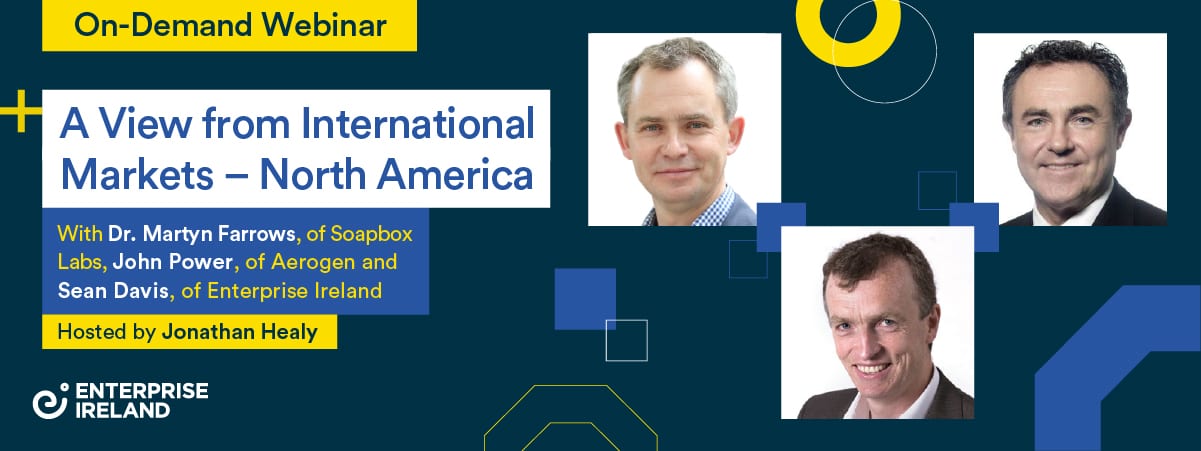
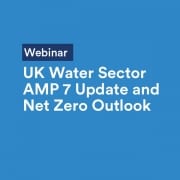


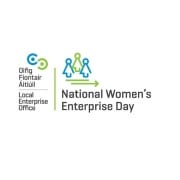
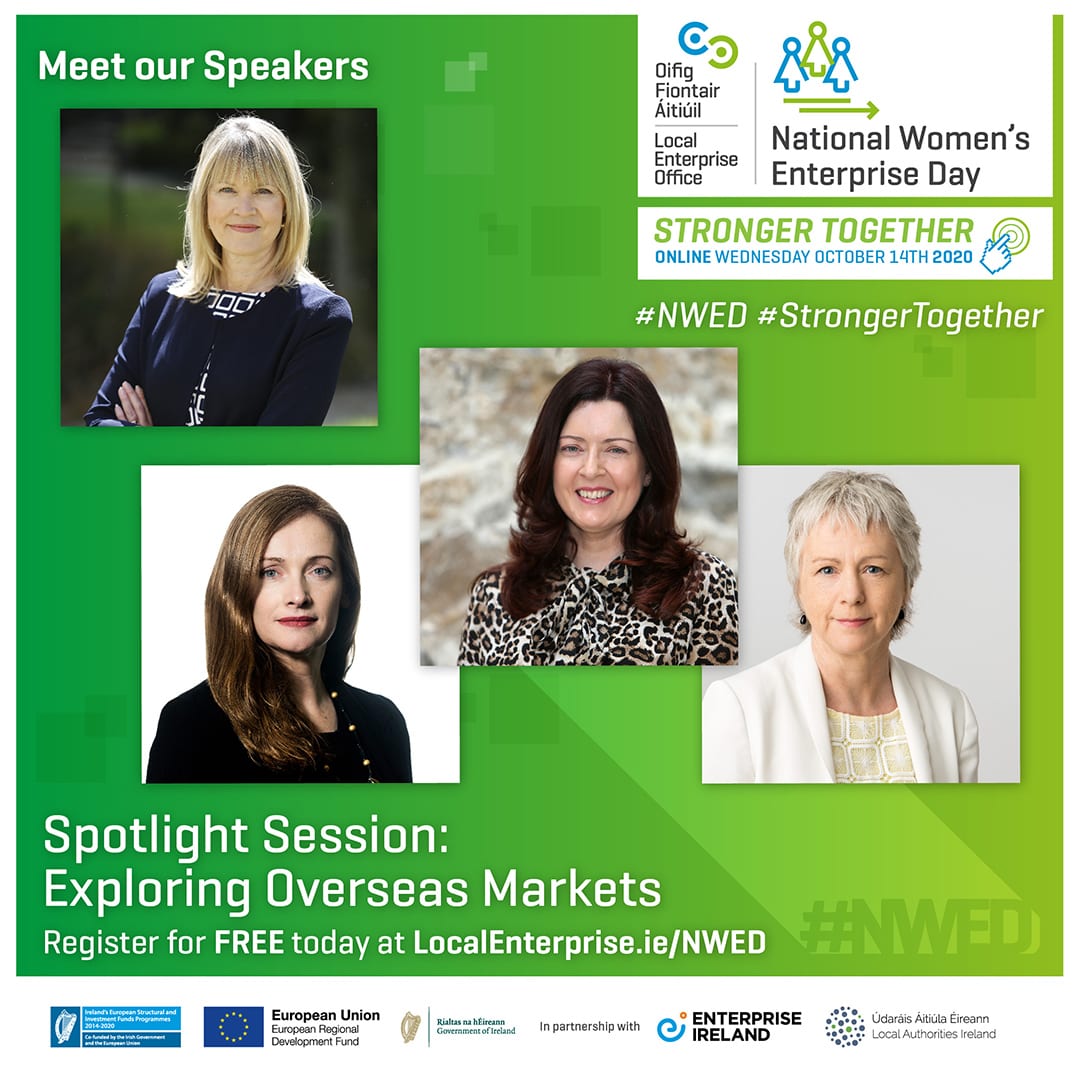
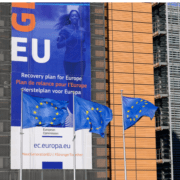
 “This is a push for a radical transformation of consumption and production to prepare European economies to withstand future crises in a better way. We’re speaking in Brussels about a paradigm shift. This is basically changing the way we function completely.”
“This is a push for a radical transformation of consumption and production to prepare European economies to withstand future crises in a better way. We’re speaking in Brussels about a paradigm shift. This is basically changing the way we function completely.” “SMEs are not always directly affected by macroeconomics,” says Anne Lanigan, regional director, Eurozone at Enterprise Ireland, “but when that volume of money is going into it, especially to drive the green and digital agenda, it has to have an impact on what is happening at a business level.”
“SMEs are not always directly affected by macroeconomics,” says Anne Lanigan, regional director, Eurozone at Enterprise Ireland, “but when that volume of money is going into it, especially to drive the green and digital agenda, it has to have an impact on what is happening at a business level.”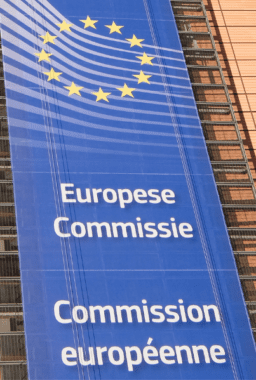 The overall fund is focused on six pillars, with the green transition and digital transformation being top of the list. The
The overall fund is focused on six pillars, with the green transition and digital transformation being top of the list. The 
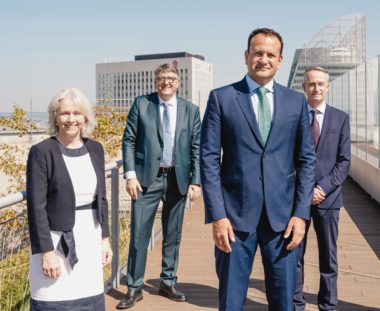 “Since we implemented our Eurozone strategy in 2017, we’ve seen a 33% jump in exports from Ireland to the Eurozone,” she says. “Even in 2020, when some sectors were hit very hard, we still saw a 1.6% growth in exports, which is significant considering economies across Europe shrunk.
“Since we implemented our Eurozone strategy in 2017, we’ve seen a 33% jump in exports from Ireland to the Eurozone,” she says. “Even in 2020, when some sectors were hit very hard, we still saw a 1.6% growth in exports, which is significant considering economies across Europe shrunk.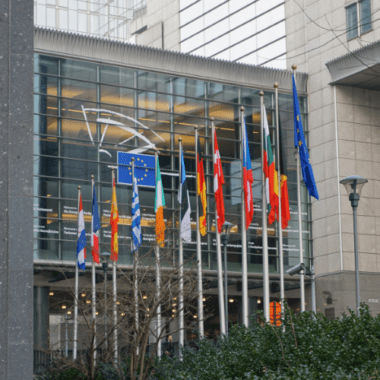 The markets of interest to individual companies will depend on the nature of the products and services they offer. Those selling into the tourism and hospitality sector, for example, will find more extensive opportunities in Southern Europe, where governments are placing more emphasis on this sector.
The markets of interest to individual companies will depend on the nature of the products and services they offer. Those selling into the tourism and hospitality sector, for example, will find more extensive opportunities in Southern Europe, where governments are placing more emphasis on this sector.